"The Mental Health Benefits of Exercise"
The Mental Health Benefits of Exercise
Exercise is often touted for its physical benefits—weight loss, muscle gain, increased endurance—but its impact on mental health is just as significant. In recent years, mental health awareness has surged, and with it, the recognition that exercise is a powerful tool not only for the body but for the mind. Whether you’re struggling with stress, anxiety, depression, or simply looking to improve your mood, incorporating regular physical activity into your life can yield incredible mental health benefits. In this post, we will explore how exercise can enhance your mental well-being and why it’s crucial to prioritize movement as part of a healthy lifestyle.
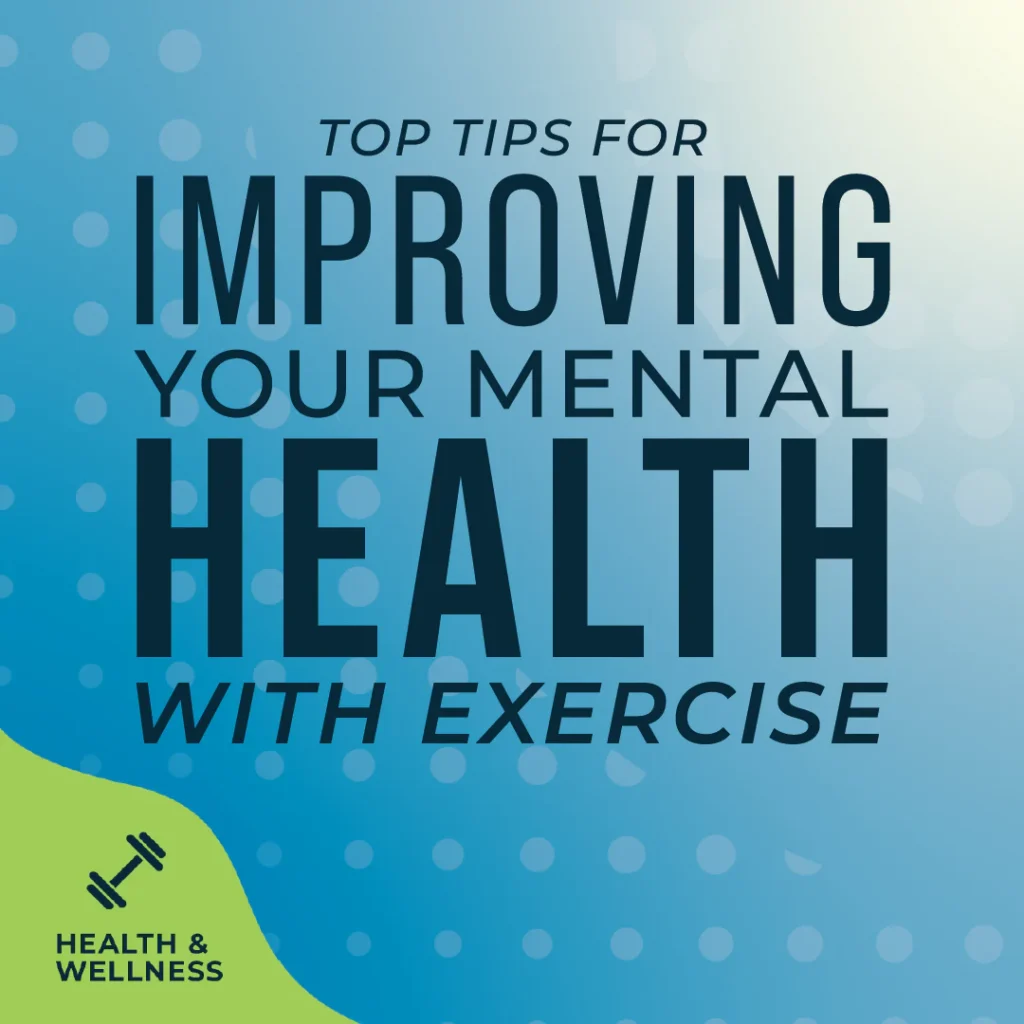
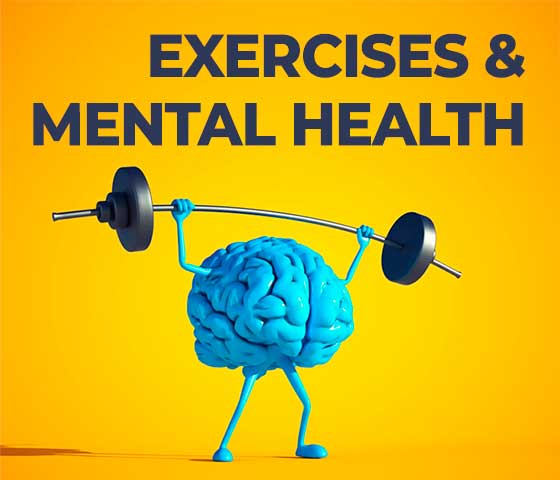
1. Reduces Stress and Anxiety
One of the most immediate benefits of exercise is its ability to reduce stress. When you engage in physical activity, your body releases endorphins, often referred to as “feel-good” hormones. These endorphins are natural mood elevators and painkillers, giving you a sense of relaxation and happiness. The increased circulation and blood flow that occur during exercise also help to carry away stress hormones, like cortisol, which are released during stressful situations.
Exercise can be especially beneficial for people who struggle with anxiety. Regular physical activity has been shown to lower anxiety levels by enhancing your body’s ability to manage stress and promoting relaxation. Activities like yoga, swimming, or even walking can be particularly helpful because they allow you to focus on your breath and the present moment, which can be soothing and meditative.
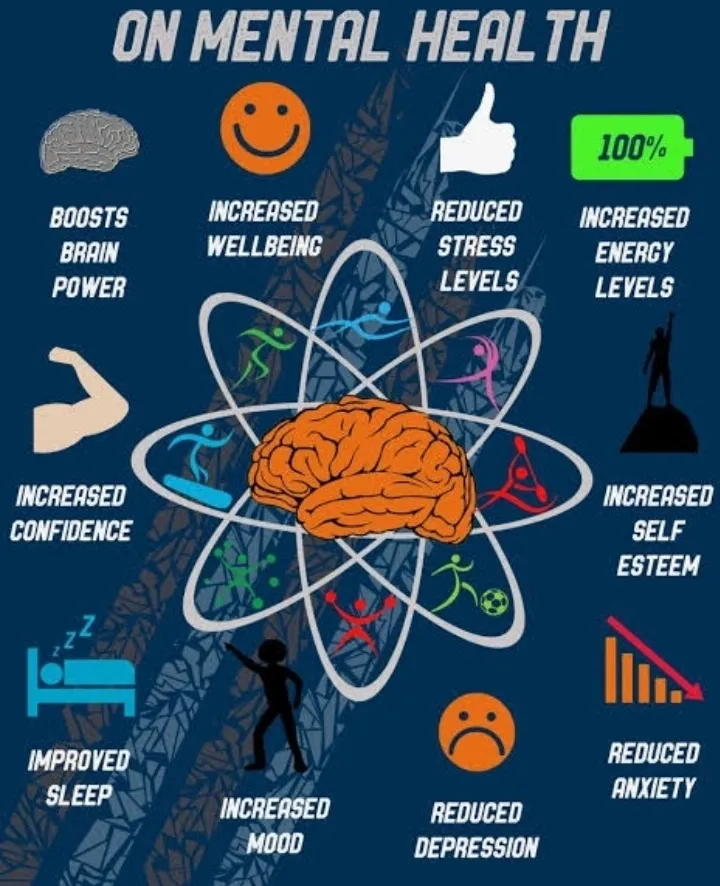
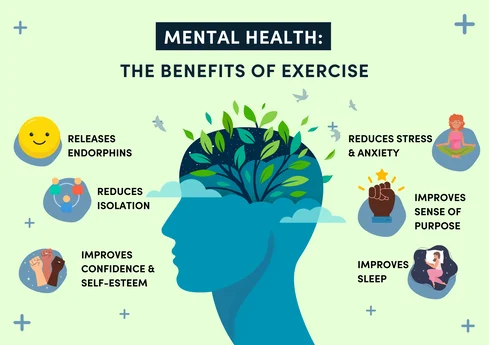
2. Alleviates Symptoms of Depression
Depression is one of the most prevalent mental health conditions worldwide, and it can feel debilitating at times. While exercise is not a cure for depression, it can be an effective way to manage its symptoms. Studies have shown that regular physical activity can be as effective as antidepressants in some cases, particularly in mild to moderate depression.
When you exercise, your body not only releases endorphins, but also other neurotransmitters like serotonin and dopamine, which are often referred to as “feel-good” chemicals. These neurotransmitters play a crucial role in regulating mood, and imbalances are often linked to depression. By boosting these chemicals, exercise helps alleviate feelings of sadness and hopelessness.
Furthermore, exercise provides a sense of accomplishment. Completing a workout, reaching a fitness goal, or even just sticking to a regular routine can provide a boost in self-esteem and confidence, which is especially important for individuals battling depression.
3. Improves Sleep Quality
Getting enough quality sleep is crucial for both physical and mental health, and exercise can have a significant positive impact on your sleep patterns. Engaging in physical activity helps regulate your circadian rhythm, the natural process that controls your sleep-wake cycle. It also promotes deeper, more restorative sleep by reducing stress and calming the mind.
People who exercise regularly often experience better sleep quality and may find it easier to fall asleep at night. However, it’s important to note that exercising too close to bedtime may have the opposite effect for some individuals, as it can increase adrenaline and heart rate. Finding the right time of day for your workouts is key to optimizing sleep benefits.

4. Boosts Self-Esteem and Body Image
Regular exercise, particularly strength training or activities like running or swimming, can improve body composition, increase strength, and enhance endurance, leading to better physical health. However, the mental benefits of seeing your body transform go far beyond the physical changes. Exercise can improve body image, which in turn boosts self-esteem and confidence.
When you feel stronger, healthier, and more capable, your self-perception improves. The positive changes in your body, even if they aren’t drastic, can help you develop a greater appreciation for what your body is capable of. This can be especially helpful for individuals dealing with body image issues or negative self-talk. In many cases, exercise fosters a more positive relationship with your body and encourages you to appreciate it for its strength rather than focusing on appearance alone.

5. Enhances Cognitive Function and Focus
Exercise doesn’t just affect your emotions—it also has a direct impact on cognitive function. Physical activity increases blood flow to the brain, which enhances brain function, improves memory, and sharpens concentration. Research has shown that regular exercise increases the growth of new brain cells, particularly in the hippocampus, the part of the brain associated with memory and learning.
Furthermore, regular exercise has been linked to improved attention span, problem-solving abilities, and decision-making skills. This can make a noticeable difference in daily tasks and overall productivity. Whether you’re trying to focus at work, school, or in other areas of your life, regular physical activity can help you stay sharp and clear-headed.
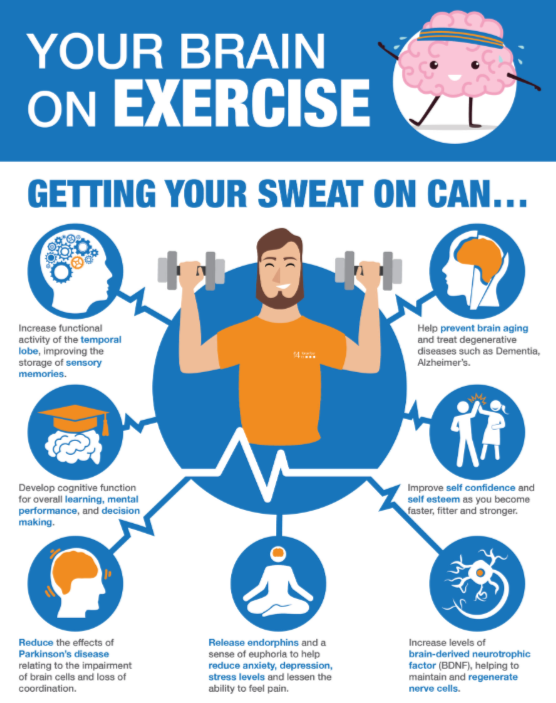
6. Encourages Social Interaction
For many people, exercise is a social activity. Whether you’re working out at the gym, attending a fitness class, or going for a walk with a friend, exercise can foster social connections that contribute to improved mental well-being. Engaging with others in a group setting can help reduce feelings of loneliness and isolation, which are often linked to mental health challenges like depression and anxiety.
Being part of a fitness community or having a workout buddy can provide both motivation and accountability. Additionally, socializing while exercising can boost mood and provide a sense of belonging, which is vital for emotional well-being.


Conclusion
The mental health benefits of exercise are vast and far-reaching, affecting everything from mood regulation and stress management to sleep quality and cognitive function. Whether you’re struggling with mental health challenges or simply looking to boost your overall well-being, making exercise a regular part of your routine can be a transformative experience. By engaging in physical activity, you give your mind the opportunity to heal, grow, and thrive, while simultaneously improving your physical health.
So, next time you feel overwhelmed or low, remember that a walk, a workout, or a yoga session might be just what you need to lift your spirits and regain your mental balance. Your body and mind are interconnected, and the more you nurture both, the better you’ll feel overall.
